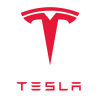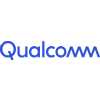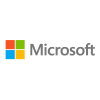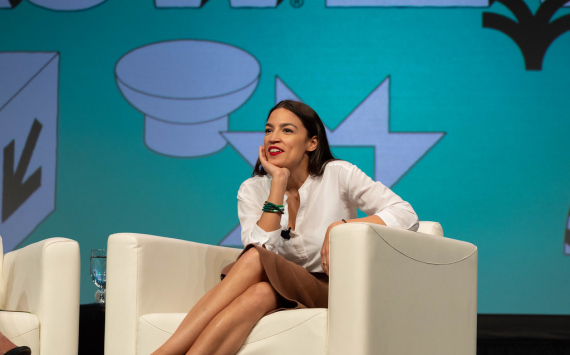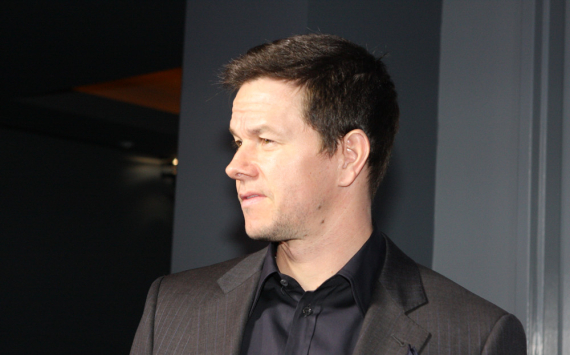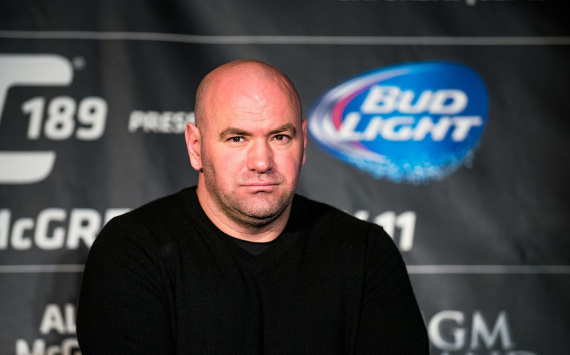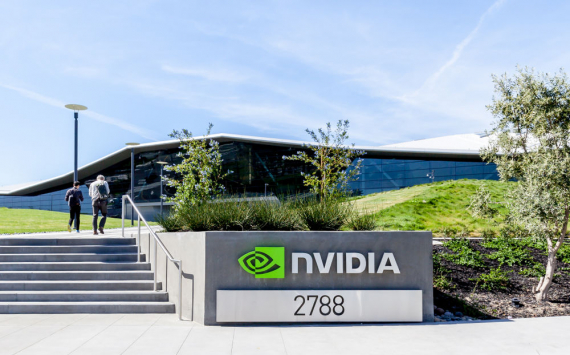
Nvidia & Arm deal
Nvidia (NVDA) shares fell 0.8% on Tuesday after news broke that EU authorities see not enough concessions from Nvidia on the Arm purchase deal to mitigate potential damage to competitors and gain approval from EU antitrust authorities.
Nvidia (NVDA) faces scrutiny over its deal to buy UK-based Arm, owned by Japanese investment bank SoftBank, which could become one of the largest in the global technology industry. The deal was struck in September 2020 for about $40bn, but needs approval from authorities in the US, EU, UK and China to close.
In April this year, UK authorities launched an investigation into the Nvidia-Arm deal, and in early August raised concerns about the possible negative impact of such a deal on the country's national security.
Nvidia is preparing to apply for approval of the deal to EU regulators in Brussels this week. However, according to a report in the Financial Times on Tuesday, EU Commission officials see the Nvidia-Arm merger as a serious threat to fair competition in the market.
Nvidia shares, up 81 per cent in the last six months, closed down 0.79 per cent on Tuesday.
Arm develops and licenses the 32-bit RISC processor (ARM) architecture used by companies around the world for millions of electrical devices. Arm's customers include most of the world's major technology companies. Nvidia has assured regulators that after the deal Arm will continue with its open licensing model, "while maintaining the global customer neutrality that has been the foundation of its success." However, many companies saw the threat of a conflict of interest. Executives at major companies such as Google (GOOGL, GOOG), Qualcomm (QCOM) and Microsoft (MSFT) have filed to ban the Nvidia-Arm deal with US regulators.
Tesla (TSLA) CEO Elon Musk also opposed the deal last month. The likely reason is that Nvidia represents a competitor to Tesla in autonomous driving chips and software, with the carmaker being a customer of Arm. If Nvidia buys Arm, Tesla could be forced to buy chips from the competitor.



